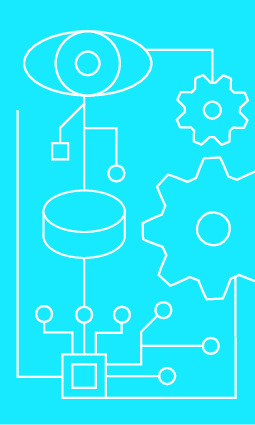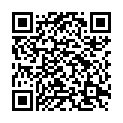|
|
|
| Module code: MST.SMI |
|
2V (2 hours per week) |
|
3 |
| Semester: according to optional course list |
| Mandatory course: no |
Language of instruction:
German |
Assessment:
Written or oral exam
[updated 20.12.2017]
|
KI874 (P222-0081) Computer Science and Communication Systems, Master, ASPO 01.04.2016
, semester 2, optional course, general subject
KIM-ITIL (P222-0081) Computer Science and Communication Systems, Master, ASPO 01.10.2017
, semester 2, optional course, general subject
MAM.2.2.17 (P222-0081) Engineering and Management, Master, ASPO 01.10.2013
, semester 8, optional course, general subject
MST.SMI Mechatronics and Sensor Technology, Master, ASPO 01.04.2016
, optional course, general subject, course inactive since 27.10.2015
PIM-WN31 Applied Informatics, Master, ASPO 01.10.2011
, semester 2, optional course, not informatics specific
PIM-ITIL (P222-0081) Applied Informatics, Master, ASPO 01.10.2017
, semester 2, optional course, not informatics specific
PIM-ITIL (P222-0081) Applied Informatics, Master, SO 01.10.2026
, semester 2, optional course, not informatics specific
MST.SMI Mechatronics and Sensor Technology, Master, ASPO 01.10.2011
, optional course, general subject
|
30 class hours (= 22.5 clock hours) over a 15-week period.
The total student study time is 90 hours (equivalent to 3 ECTS credits).
There are therefore 67.5 hours available for class preparation and follow-up work and exam preparation.
|
Recommended prerequisites (modules):
None.
|
Recommended as prerequisite for:
|
Module coordinator:
Prof. Dr.-Ing. André Miede |
Lecturer: Prof. Dr.-Ing. André Miede
[updated 09.01.2013]
|
Learning outcomes:
Students will know and be able to explain the practice-proven procedures for the successful provision of IT services, including the necessary definitions of terms according to the international framework ITIL. They can differentiate between processes, their goals, roles and functions in the Service Life Cycle.
[updated 20.12.2017]
|
Module content:
1. IT Service Management according to ITIL
Welcome to ITIL 4. A new era in IT development has begun. ITIL 4´s holistic approach sharpens service management´s profile in organizations and industries by giving it a strategic context.
The focus is placed on a value chain of products and services.
2. Key concepts of service management
A common understanding of the central concepts and terms of ITIL within organizations and among individuals is an essential prerequisite for the effective use of these best practices in mastering real-world service management challenges.
3. The four dimensions of service management
In order to achieve the desired results and work as effectively as possible, organizations must consider all aspects of their behavior. There are several aspects to consider in service management. None of them is enough on its own to achieve the required results. To support the holistic approach, ITIL defines the dimensions.
4. The ITIL Service Value System (SVS)
For service management to work well, it must function as a complete system. The ITIL SVS describes the inputs for this system, the elements and outputs, and how they interact to enable value creation.
5. IT management practices
ITIL SVS comprises 14 general management practices, 17 service management practices, and three technical management practices, all of which fall under the four dimensions of service management.
In ITIL, a management practice is a group of organizational resources designed to perform tasks or achieve a goal.
The module takes place as a block seminar on several Saturdays. There will be a kick-off event at the beginning of the semester. For more information, please see further bulletins.
In addition to the written exam, students will have the chance to become certified via an external exam (ITIL Foundation). More information will be available in the lecture.
[updated 05.06.2025]
|
Teaching methods/Media:
Case studies, practice test, coaching
[updated 20.12.2017]
|
Recommended or required reading:
Official ITIL page: https://www.axelos.com/certifications/itil-service-management
itSMF Deutschland e.V. https://www.itsmf.de/
[updated 05.06.2025]
|


